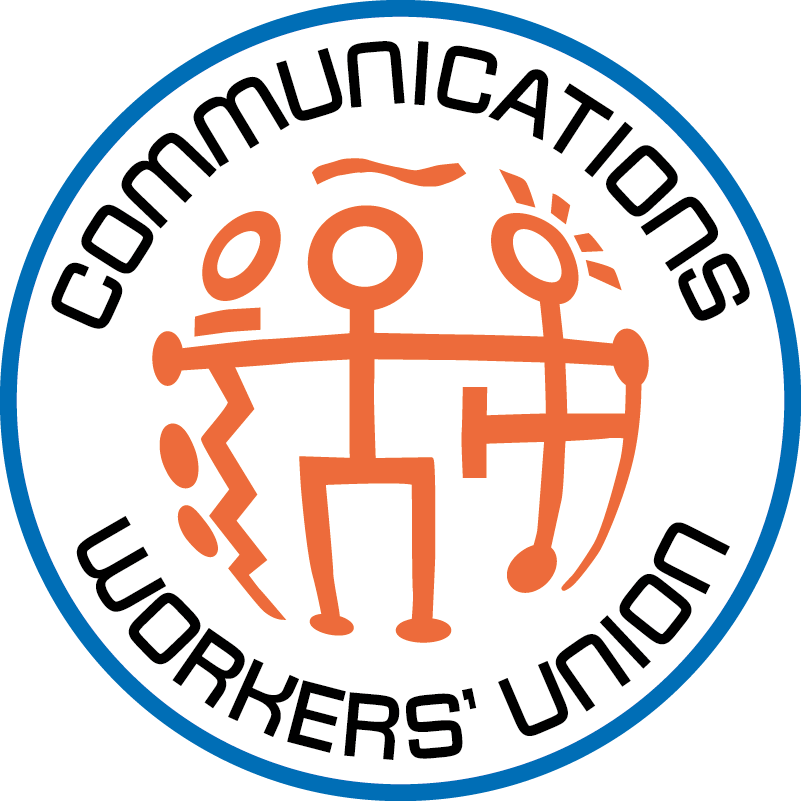Bullying in the Workplace
Is there legislation that bans bullying at work?
Employers are obliged to provide a safe place of work for their employees under the Safety, Health, and Welfare at Work Act 2005. As a result, an employer must put appropriate measures in place to deal with bullying in the workplace. This may include a robust anti-bullying policy and ensuring that complaints by employees are dealt with in an effective and timely manner.
The CWU in many cases has negotiated these anti-bullying policies with employers and we have zero tolerance for bullying at work.
If I feel I am being bullied at work, can I make a complaint to my employer?
Yes, and you should refer to your anti-bullying policy to see what process is in place by your employer to deal with your complaint. When there is a case to answer it is a disciplinary offence in most workplaces and any employee who is thought to have bullied another employee in the course of their employment should be subject to an independent and impartial investigation. You should seek guidance from your union representative and you can also find further information through the ICTU guidelines here.
Is there any definition of bullying?
The Health and Safety Authority and the Workplace Relations Commission have produced an updated Code of Practice for Employers and Employees on the Prevention and Resolution of Bullying at Work in 2021. The code of practice can be found here.
In line with this new Code, the definition of workplace bullying is as follows:
“Workplace Bullying is repeated inappropriate behaviour, direct or indirect, whether verbal, physical or otherwise, conducted by one or more persons against another or others, at the place of work and/or in the course of employment, which could reasonably be regarded as undermining the individual’s right to dignity at work. An isolated incident of the behaviour described in this definition may be an affront to dignity at work but, as a once off incident, is not considered to be bullying.”
Are bullying and harassment the same thing?
No, while these phrases are often interlinked, they are legally distinct. Harassment is predicated on unwanted behaviour pertaining to the nine protected grounds of employment equality legislation and one incident is enough for an individual to make a complaint. Bullying however is repeated in appropriate behaviour as defined above.
What supports can I expect from a CWU rep?
Your local rep will listen to your complaint is a confidential and impartial manner. Your representative will explain the difference between bullying and harassment and also whether it may be more appropriate to take a complaint through the grievance procedures They will also explain the company policy to you and how to submit a complaint to your employer. Appropriate representation will be provided by one of your local union representatives, whether you are the complainant or the subject of a complaint.
What else should I do if I have a complaint?
Make sure you read your company anti-bullying policy which should outline how you can go about processing your complaint and putting an end to the behaviour complained of. You should keep note of any alleged incidents and the dates and times of same. This will assist you in formulating your complaint. Again, at all times you can discuss these matters in confidence with your union representative.
